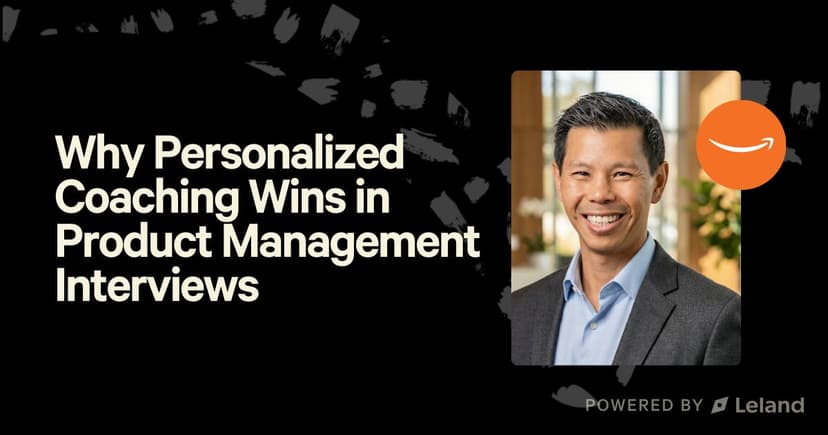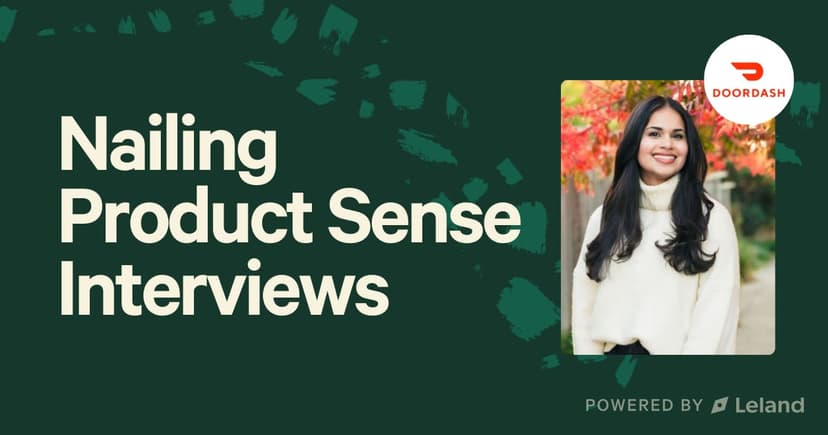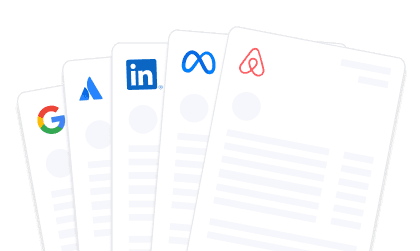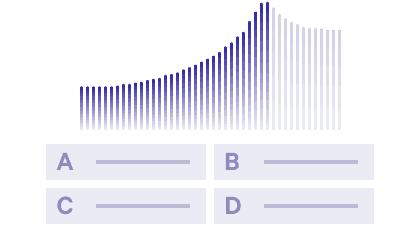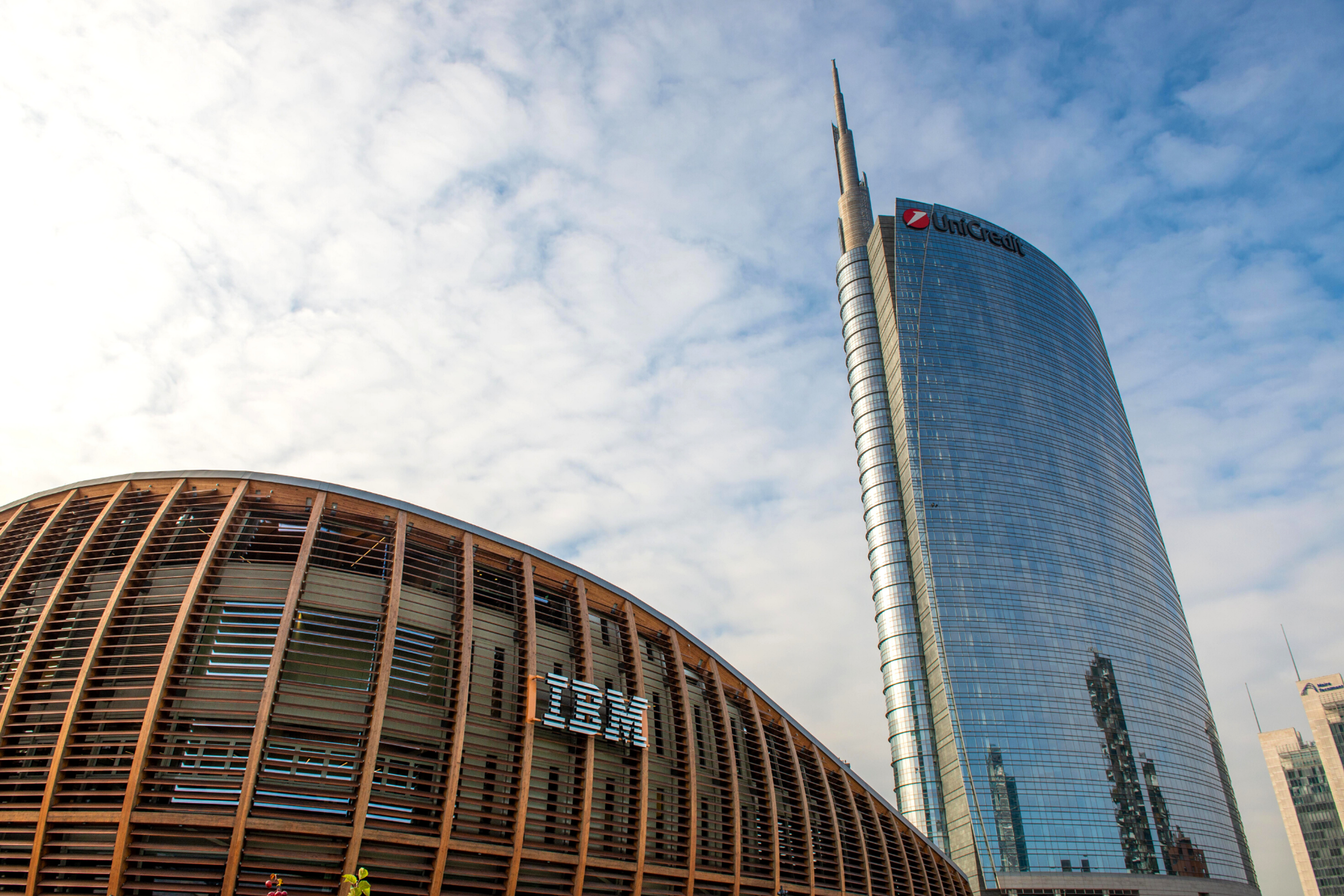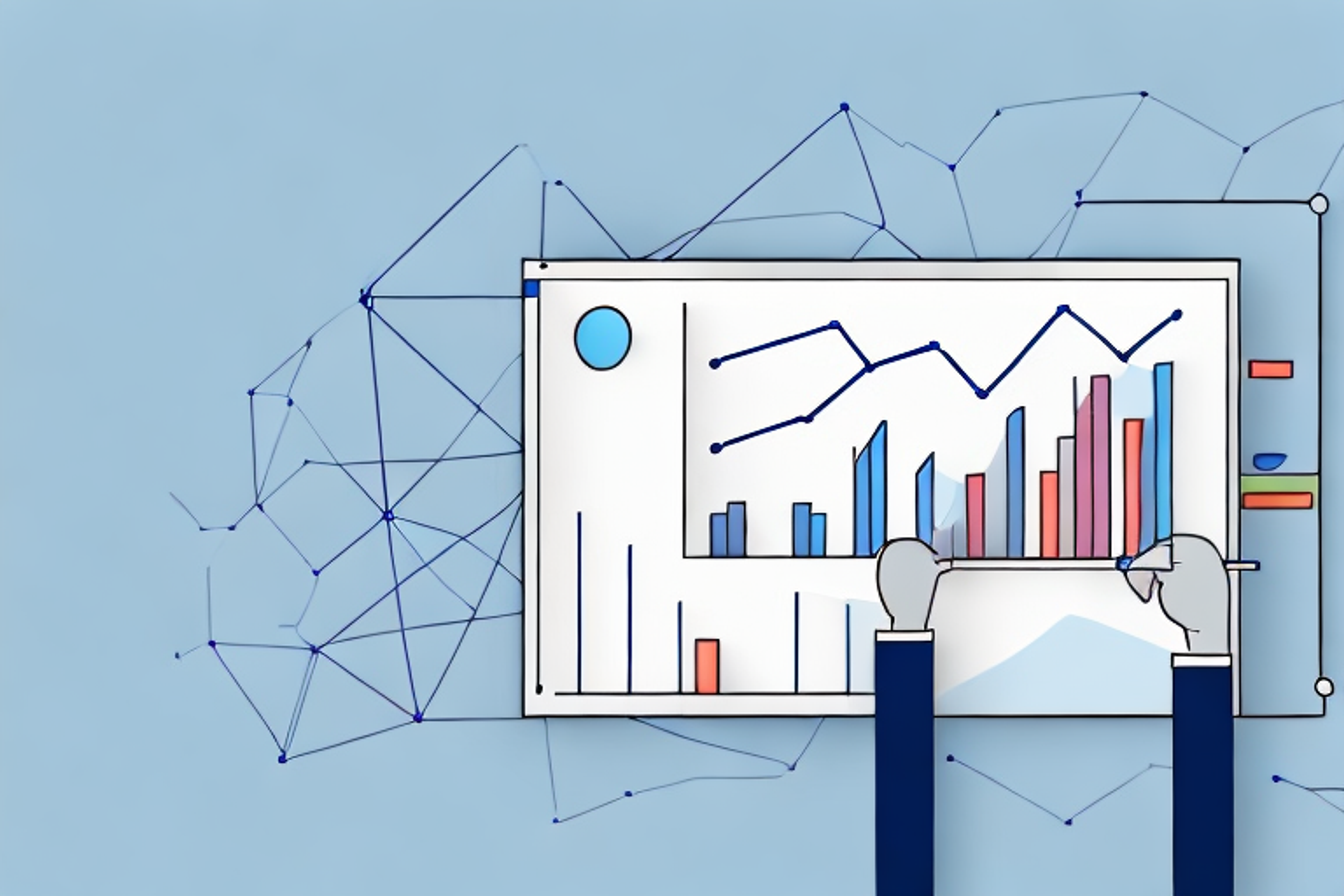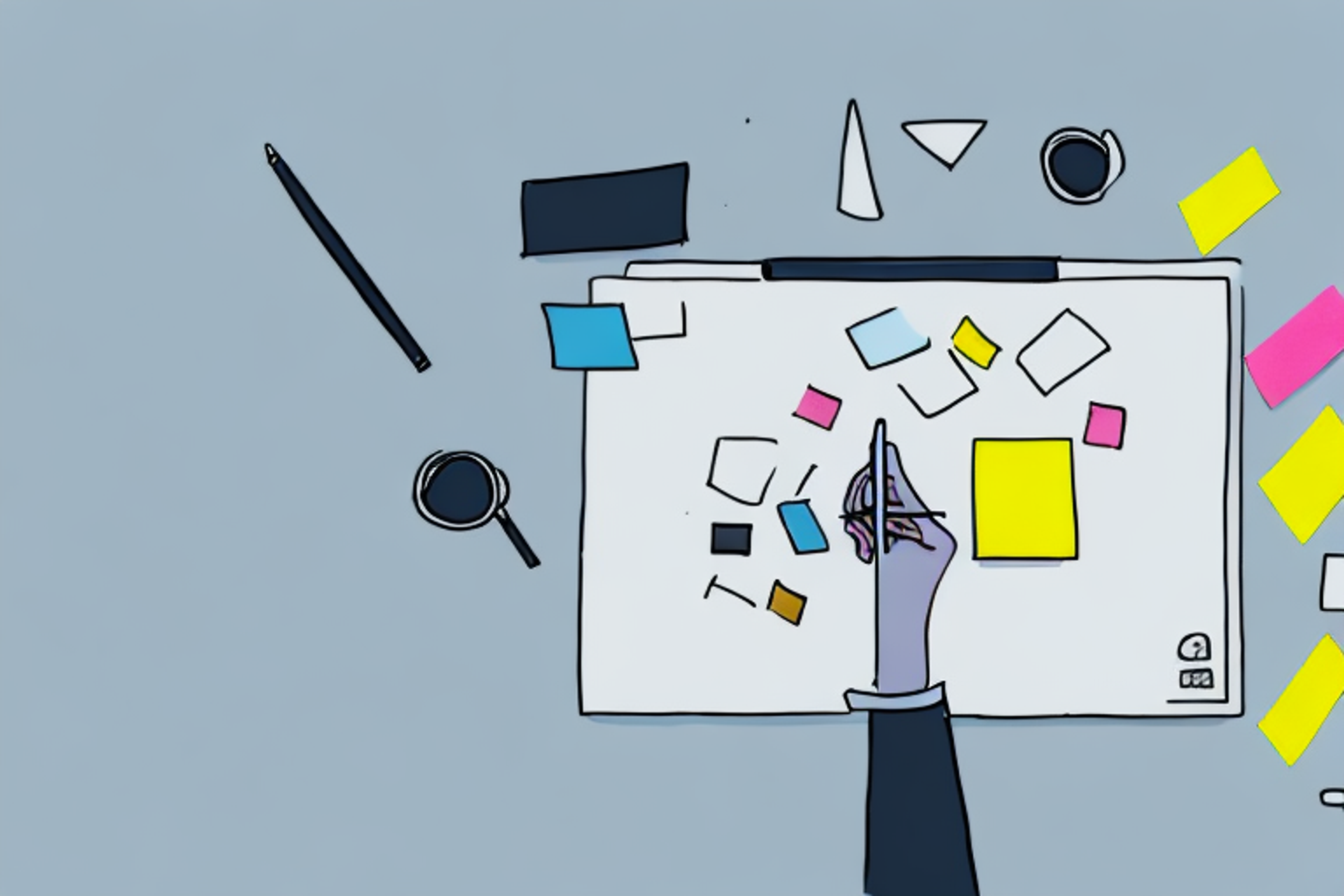Atlassian Interview Process: Guide, Questions, & Tips (2025)
Get a clear breakdown of the Atlassian interview process in 2025, stages, sample questions, prep tips, and what to expect across all roles.
Posted February 5, 2026

Join a free event
Learn from top coaches and industry experts in live, interactive sessions you can join for free.
Table of Contents
Interviewing at Atlassian is a structured process designed to assess more than just technical skills. Interviews are conducted to evaluate how you think, communicate, and align with Atlassian’s values, whether you’re applying for a role in engineering, product management, design, marketing, or sales. The process is consistent across functions, with a focus on collaboration, outcomes, and how well you work in cross-functional teams.
This guide breaks down what to expect at each stage of the Atlassian interview process, starting with the recruiter screen and ending with the final hiring committee decision. You’ll find sample interview questions, role-specific prep strategies, and practical tips based on what’s actually worked for past candidates. If you’re preparing for an interview at Atlassian, this is everything you need to feel ready and confident.
What Is Atlassian?
Atlassian is a global software company that builds tools to help teams collaborate, plan, and get work done. Their most well-known products, like Jira, Confluence, Trello, and Bitbucket, are widely used across tech, product, and business teams at companies of all sizes. These tools support everything from software development and project management to content creation and team communication. Founded in 2002, Atlassian has grown into a company with thousands of employees and a strong, remote-friendly culture. The company is known for its clear values, including openness, teamwork, and a strong focus on customer outcomes. Atlassian encourages employees to work across functions, think independently, and build solutions that last. Candidates might be interested in working at Atlassian due to its commitment to innovation, inclusive culture, and the opportunity to make a meaningful impact.
If you’re applying for a role at Atlassian, expect an interview process that reflects the way the company works collaborative, structured, and focused on both skills and values.
What to Expect in the Atlassian Interview Process
Atlassian uses a centralized hiring model. That means you’ll go through the full interview process before being matched with a specific team. Along the way, you’ll meet interviewers from across the company, not necessarily just from the team you’d eventually join. Most candidates move through the process in about four to six weeks, from the initial recruiter screen to a final decision. While the overall hiring process is consistent across roles, the interview structure and what interviewers focus on will vary depending on the position. For example, engineering candidates may see more technical system design questions, including those related to backend development, while product and business roles lean more heavily into communication, problem-solving, and values alignment.
Roles Atlassian Is Hiring for in 2025:
- Engineering
- Product Management
- Design
- Marketing
- Sales and Business Teams
The Hiring Process: Step-by-Step
While every role has its own specifics, the core interview process at Atlassian follows a consistent structure. Here’s a breakdown of each stage, how long it typically takes, and what it’s designed to assess:
| Stage | Duration | What It Covers |
|---|---|---|
| Recruiter Screen | 30 minutes | Overview of your background, previous experience, and interest in the role |
| Manager Interview | 45–60 minutes | Discussion of a past project, how you work on a team, and communication skills |
| Skills Interview | 60 minutes | Role-specific challenges: coding, product cases, design exercises, or strategy |
| Values Interview | 45 minutes | Behavioral questions to evaluate alignment with Atlassian’s values and ways of working |
| Final Review | Varies | The hiring committee reviews performance across all interview stages to decide next steps |
Note: Each stage is structured to evaluate a different part of how you work technically, strategically, and interpersonally. Candidates are expected to show both role-specific expertise and how they think, communicate, and collaborate to achieve their goal.
Stage 1: Recruiter Screen
This initial call lasts about 30 minutes. The recruiter will ask about your background, previous experience, and what interests you about Atlassian. They’ll also walk you through the open role and outline what the next steps look like. Candidates can benefit from insights heard from current and former Atlassian employees.
During this conversation, keep the focus on your experience and goals. Don’t bring up salary expectations or competing offers it’s too early in the process for that, and it can limit flexibility later.
Stage 2: Manager Interview
The manager interview is tailored to the role and focuses on how you work. You’ll talk through one or more past projects, your decision-making process, the lessons learned, and how you’ve collaborated with others.
For engineering roles, expect questions about how you built or contributed to technical systems. Product managers might be asked about prioritization tradeoffs or how they approach product strategy. In all cases, communication skills matter. Be clear and structured in how you explain your thinking, the lessons learned, and what outcomes you achieved.
Stage 3: Skills Interview
This part of the interview tests your functional expertise. The format and focus depend on the role you’re applying for. Being familiar with various technologies is crucial, as they play a significant role in coding and system design interviews.
Engineering
- Coding: You’ll solve a medium-difficulty coding problem, typically similar to what you’d find on LeetCode. You can use your own IDE and programming language.
- System Design: You might be asked to design something like a job scheduler or a tagging system. The interviewers are looking for your approach to architecture, tradeoffs, constraints, and scale, not just the final solution.
Product Management
- You may be asked to work through a product case study: breaking down a roadmap, defining metrics, or improving a feature.
- Expect to talk about real decisions you’ve made, what you prioritized, what you learned, and how you collaborated with engineers and designers. Additionally, be prepared to discuss the scope and impact of your contributions in past projects.
Design
- Be ready to walk through your portfolio and explain your design process.
- Whiteboard-style challenges are common. You could be asked to design a feature, solve a UX problem, or improve an existing product flow.
Marketing & Sales
- Marketing candidates might be asked to outline a go-to-market strategy, explain campaign performance metrics, or discuss a recent initiative they led.
- Sales candidates may need to walk through their sales pipeline strategy, talk through deal cycles, or share examples of how they’ve worked with customers to close complex deals.
Stage 4: Values Interview
The values interview is a behavioral conversation focused on how your working style matches Atlassian’s company values. You may be interviewed by someone outside of your functional team; for example, someone in Marketing might interview a candidate for a Product Manager role.
Interviewers will ask scenario-based questions about how you’ve handled challenges, collaborated with others, and responded to feedback. This stage often includes a deep dive into your past project experiences, focusing on detailed discussions regarding lessons learned, conflict resolution skills, mentoring abilities, and overall impact within a team setting. Atlassian encourages candidates to use the STAR method:
- Situation: What was the context?
- Task: What were you responsible for?
- Action: What did you do?
- Result: What happened as a result?
Note: This is an important part of the interview process. Study Atlassian’s values and prepare examples that clearly show how you’ve lived them in your past work.
Stage 5: Hiring Committee
After all interviews are complete, your performance is reviewed by a hiring committee. This group looks at feedback from each interviewer and makes a collective decision. If your performance was strong but left a few open questions, you might be invited to complete an additional interview to help the team fill in the gaps. Atlassian also maintains a question bank for coding interviews, which consists of various programming questions to assess candidates' abilities and approaches in technical problem-solving, particularly for backend and full-stack engineering roles.
Sample Atlassian Interview Questions
Engineering
- How would you design a job scheduler?
- Solve this array/string manipulation problem (medium-level)
- What tradeoffs did you consider when building your past project? How did you achieve your design objectives?
Product Management
- Walk me through a roadmap decision.
- Tell me about a time you changed direction based on data.
- What metrics would you track for this product?
Design
- How do you approach accessibility?
- Show a design you iterated on what changed and why?
- What’s your process for working with PMs and engineers?
Marketing
- How do you measure campaign performance?
- Share a time when a strategy failed what did you learn?
- Talk about your go-to-market approach for a new product.
Sales & Business Teams
- How do you handle objections from clients?
- Describe your pipeline strategy.
- What KPIs do you track in your current role?
General Behavioral
- Describe a time you received difficult feedback.
- How do you handle conflict in cross-functional teams?
- What values are most important to you at work?
How to Prepare for an Atlassian Interview
Preparation depends on the role you’re applying for. While the interview process is consistent across functions, the skills interview and evaluation criteria differ for each path. Here’s what to focus on:
| Role | Focus Areas | How to Prepare |
|---|---|---|
| Engineering | Code quality, system design, problem-solving | Practice medium-difficulty LeetCode problems, review system architecture patterns, and focus on scalability tradeoffs |
| Product Management | Metrics, prioritization, stakeholder collaboration | Work through product case studies, map out roadmaps, and analyze product decisions from your past experience |
| Design | UX thinking, visual storytelling, tool fluency | Keep your portfolio clean and organized, rehearse explaining design decisions, and practice whiteboarding design challenges |
| Marketing | Campaign strategy, performance metrics, audience targeting | Analyze past campaigns you’ve worked on, focus on strategic thinking, and review marketing frameworks (like AIDA or 4Ps) |
| Sales | Deal strategy, objection handling, client relationships | Prepare real examples from your pipeline, review how you’ve closed deals, and be ready to walk through your CRM process and metrics |
Note: Each role at Atlassian comes with its own expectations, so tailor your preparation accordingly. The most successful candidates show that they understand their craft and can communicate their process, collaborate across teams, and tie their work to outcomes. Additionally, strong written communication skills are crucial in the interview process.
What Makes the Atlassian Interview Process Unique
Strong Focus on Values
Atlassian puts company values at the center of the hiring process. Interviewers are looking for people who show openness, teamwork, and a strong focus on customer impact. Many questions especially in the values interview are designed to understand how you’ve worked with others, responded to feedback, and grown from your experiences.
Cross-Functional Interviewers
You won’t only meet people from your direct team. It’s common for interviewers to come from different departments. This mirrors how Atlassian operates daily teams are cross-functional, and collaboration is expected across roles.
Emphasis on Outcomes Over Outputs
What you built matters, but what happened as a result matters more. Atlassian interviewers want to hear about the outcomes: what changed, what improved, or what you learned. Be ready to explain the impact of your work, not just the tasks you completed.
Clear Communication
Writing and communication are core to Atlassian’s culture. Interviews will often evaluate how clearly you can explain your thinking, both verbally and in writing. Being concise, structured, and thoughtful in how you present your ideas is key across all roles.
Advice from Coaches and Candidates
What Caught People Off-Guard
- Candidates didn’t expect to be interviewed by people outside their department.
- The values interview carried more weight than expected and played a major role in the final decision.
Common Mistakes to Avoid
| Mistake | Why It Hurts |
|---|---|
| Focusing too much on deliverables | Interviewers want to hear what you learned and what impact your work had |
| Not researching company values | Values-based questions are central, and answers should reflect alignment |
| Giving vague, general answers | Specific examples help interviewers understand how you think and work |
Coach’s Take
- Be ready to walk through a past project in clear detail, what you did, how you did it, and what happened.
- Don’t just explain what you built, talk about why it mattered and what you learned.
- Interviewers want to understand how you approach problems, not just what you’ve done before. Show your process.
The Bottom Line
Interviewing at Atlassian is a focused, structured process that goes well beyond technical skills. Success depends on how clearly you can explain your work, how well you collaborate across teams, and how closely your approach aligns with the company’s values. Whether you're applying for an engineering, product, design, marketing, or sales role, prepare to discuss real examples from your past experience, what you did, why it mattered, and what you learned. Be thoughtful in how you communicate, take the time to review Atlassian’s values, and tailor your prep to the role. Strong candidates show more than capability, they show curiosity, clarity, and a track record of meaningful outcomes.
Not Sure What’s Next in Your Career?
Work with an expert career coach to figure out your goals, explore your options, and create a plan that actually works. Get clear, confident guidance tailored to your experience. Browse Career Coaches Here.
Key Takeaways
- The Atlassian interview process is consistent, thorough, and focused on values.
- Each stage of the process is designed to assess different skills: technical, strategic, and collaborative.
- Candidates should prepare for behavioral questions as seriously as technical ones.
- Focus on communication, past outcomes, and values alignment.
- Use specific examples, stay concise, and be prepared to talk about what you learned.
Free Resources to Help You Prepare
- Leland Interview Resource Hub
- An Expert’s Guide to Resumes: Five Tips to Make You Stand Out
- 10 Job-Ready Career Skills That Will Set You Apart
- 10 Thought-Provoking Questions to Ask a Career Coach
- How to Cultivate a Growth Mindset for Career Success
FAQs
How many rounds of interviews does Atlassian have?
- Most candidates go through four to five interview rounds. The process usually includes a recruiter screen, a manager interview, a skills interview, a values interview, and a final hiring committee review. Some candidates may be asked to complete an extra round if more clarity is needed.
How tough is an Atlassian interview?
- The difficulty depends on the role, but Atlassian interviews are known to be structured and consistent. They focus on technical ability, communication skills, and alignment with company values. Candidates who prepare using real examples and focus on outcomes, not just tasks tend to do well.
How long does the Atlassian interview process take?
- The typical timeline is 4 to 6 weeks, from the initial recruiter screen to a final decision. Timing can vary based on role, availability, and how quickly interviews are scheduled.
Is it hard to get hired at Atlassian?
- Atlassian hires carefully and looks for candidates who are strong in both skill and values alignment. It's competitive, but not unpredictable. Well-prepared candidates, clear in their communication, and able to show impact from past work have a strong chance of succeeding.



